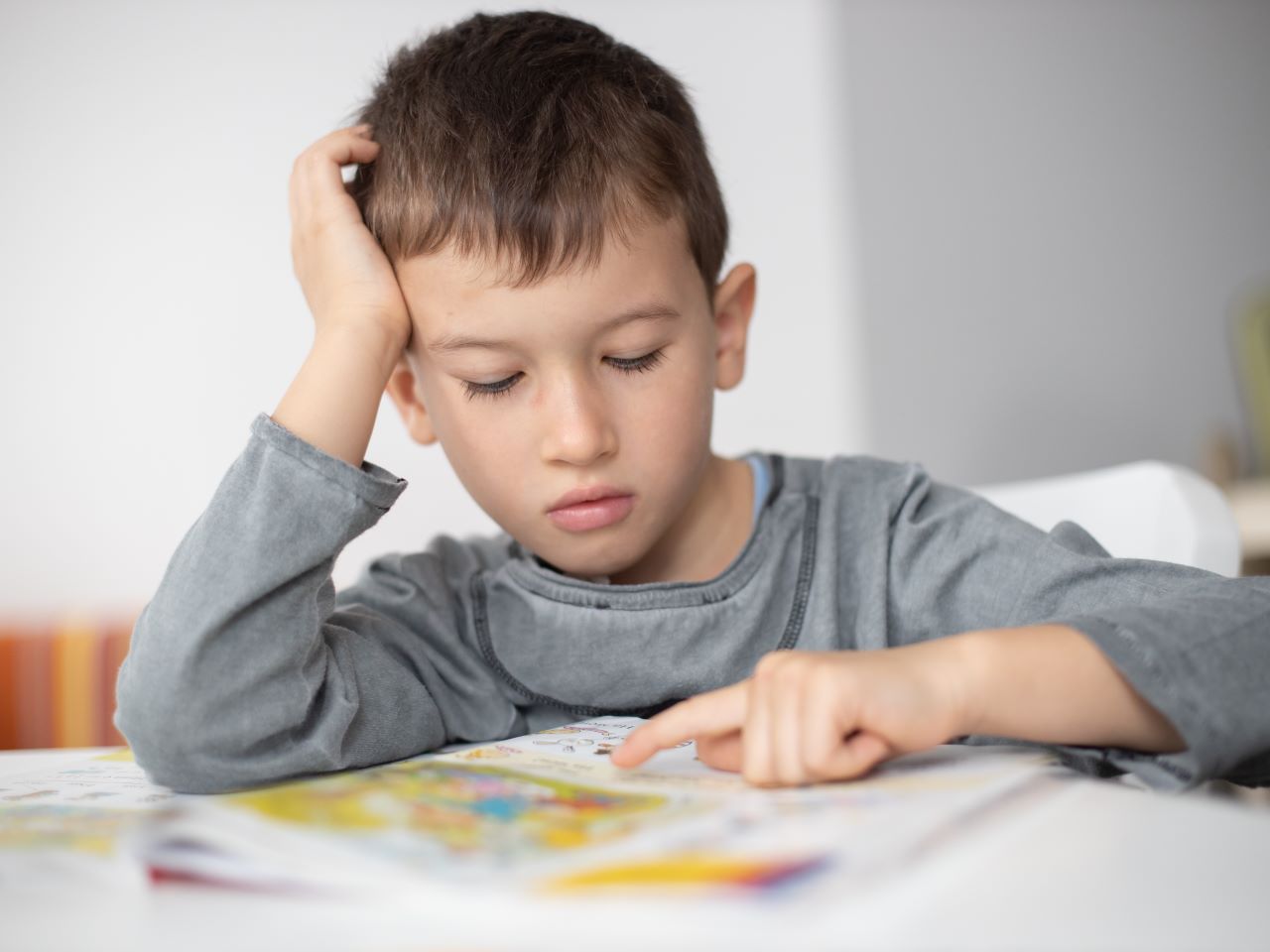
In 2019, Raymond Mailhot was visiting with a young patient and his family facing a scary diagnosis – brain cancer. Treatments were incredibly effective, and the young boy was going to survive, Mailhot shared in Spanish with the Venezuelan immigrants.
But life would be disrupted at home, at the hospital, and at school, likely for months, he said.
“His story really made me want to dig deeper into the scholastic performance of survivors,” said Mailhot, M.D., M.P.H, an associate professor of radiation oncology at the University of Florida. “We discovered that survivors had twice the odds of being held back and performed significantly worse on state testing in math compared to their peers.”
Survivors were also 21 times more likely to receive accommodations at school, such as help taking tests, in addition to their worse test performance and greater chance of having to repeat a grade.
Although rare, brain cancer is the most common type of solid tumor faced by children. Advanced treatments mean the vast majority of patients survive. But the disruption of therapy and the direct effects of treatment on the brain lead to cognitive deficits in most survivors.
However, little was known about how these cognitive effects translated to school success in the real world. So Mailhot collaborated with colleagues in UF’s College of Medicine and College of Education to investigate survivors’ performance.
With financial support from the Florida Department of Health and educational records provided by the state’s Department of Education, the researchers were able to measure educational outcomes in former patients and fellow students from the same district and economic status, who served as controls in the study. With access to records from both before and after patients’ cancer diagnoses, the team could better see the effects of treatment and time spent away from school.
“Everyone wants these children to succeed – caregivers, clinicians and educators,” said Mailhot, who treats patients at UF Health’s in Jacksonville. “If we’re able to better report on the challenges these children face in school, we can be more intentional about understanding what curricular resources may be needed for every child to be successful.”
The researchers Sept. 19 in the International Journal of Radiation Oncology – Biology – Physics.
